Local Human Trafficking Prevention Efforts
Stressing the importance of community awareness
A string of viral tweets regarding possible human trafficking scams across the country recently made its way to Fauquier County, causing students to become aware of a current issue that is making its way closer and closer to our community.
According to the FBI website, human trafficking is the second fastest growing crime in the United States, and Northern Virginia has become a hub for this activity. Although Fauquier County has not had any reported cases of human trafficking, there have been cases right over county line that have officials and residents concerned.
In an effort to educate the public, members of the Fauquier County Human Trafficking Prevention Project and the Warrenton Rotary, hosted a town hall event on Sept. 5. The
event was held at Taylor Middle School in front of a packed audience. Fauquier County Sheriff Bob Mosier kicked off the evening, sharing his concerns about human trafficking.
The sheriff stressed that the major highways that bypass through and around Fauquier County are “arteries” for major gangs running down the Eastern Seaboard. Mosier explained some things teens need to look out for.
“When these offenders are grooming teenagers they make them feel important,” Mosier explained. He used an analogy of a frog trapped in a pot. “Once they realize it’s too late, the
damage has already been done and they find themselves trapped.
He added that teens need to beware of strangers telling them exactly what they want to hear.
“These people have done this before,” Mosier said, “and they know exactly how to lure victims in.”
Bill Wolf, executive director of the Just Ask Prevention Program, explained why his organization was started.
“One of the main reasons that young victims, particularly juveniles and young adults, fall prey
to human trafficking is because they don’t know [what is happening to them],” Wolf explained. “We wanted to raise awareness in the community.”
Wolf also talked about the guilt that victims can sometimes feel.
“A lot of victims feel like it’s their fault, there’s a lot of self-blame,” Wolf said. “Because of the complexity of the issue surrounding trafficking, they do sometimes feel like they can’t get the help that they need. We bring hope, strength, and courage to those that need it most.”
Emma Gray, junior, thinks it’s important for teens to educate themselves on the issue.
“I don’t think students are warned enough on the dangers of trafficking,” Gray said. “I
think that a lot of the information teens get about suspicious things happening
in their local areas comes from social media and isn’t always reliable.”
In addition to not being accurate, experts warn the same social media platforms where students are finding out about these issues are also the ones that recruiters are using to lure young victims into their networks.
While the county is actively making an effort to try and keep the realm of human trafficking away, students are hoping for more awareness and education on the issue. Some even proposed ways to get information into the schools more so that way at-risk teenagers have the information they need.
“Presentations on signs to look for and more awareness in general would be really nice,” Veronica Pitts, junior, said. “Sometimes, trafficking can happen right in front of us and we’d never know because we don’t know the signs.”
Valerie Broadhurst, junior, agreed.
“Nobody really talks about it, they just say don’t talk to strangers,” Broadhurst said. “They could warn us about dangerous things that trafficking organizations do online.”
Mosier had the following advice for teens: “If you’re noticing a friend or a classmate who is showing signs that something is off, it’s important to find a trusted adult and let them know. They need to understand what’s happening and the effects it can have if things get worse.”
More information can also be found under the Fauquier County Human Trafficking Prevention Project on Facebook.
“If you see anything that doesn’t feel right, if it makes the hair on the back of your neck stand up, make sure you call the non-emergency number for the sheriff’s office at 540-347-3300 and report it,” Mosier said.
For those who missed this first presentation, there will be another community conversation about trafficking on Nov. 7 at Marshall Middle School and Nov. 14 at Cedar Lee Middle School.

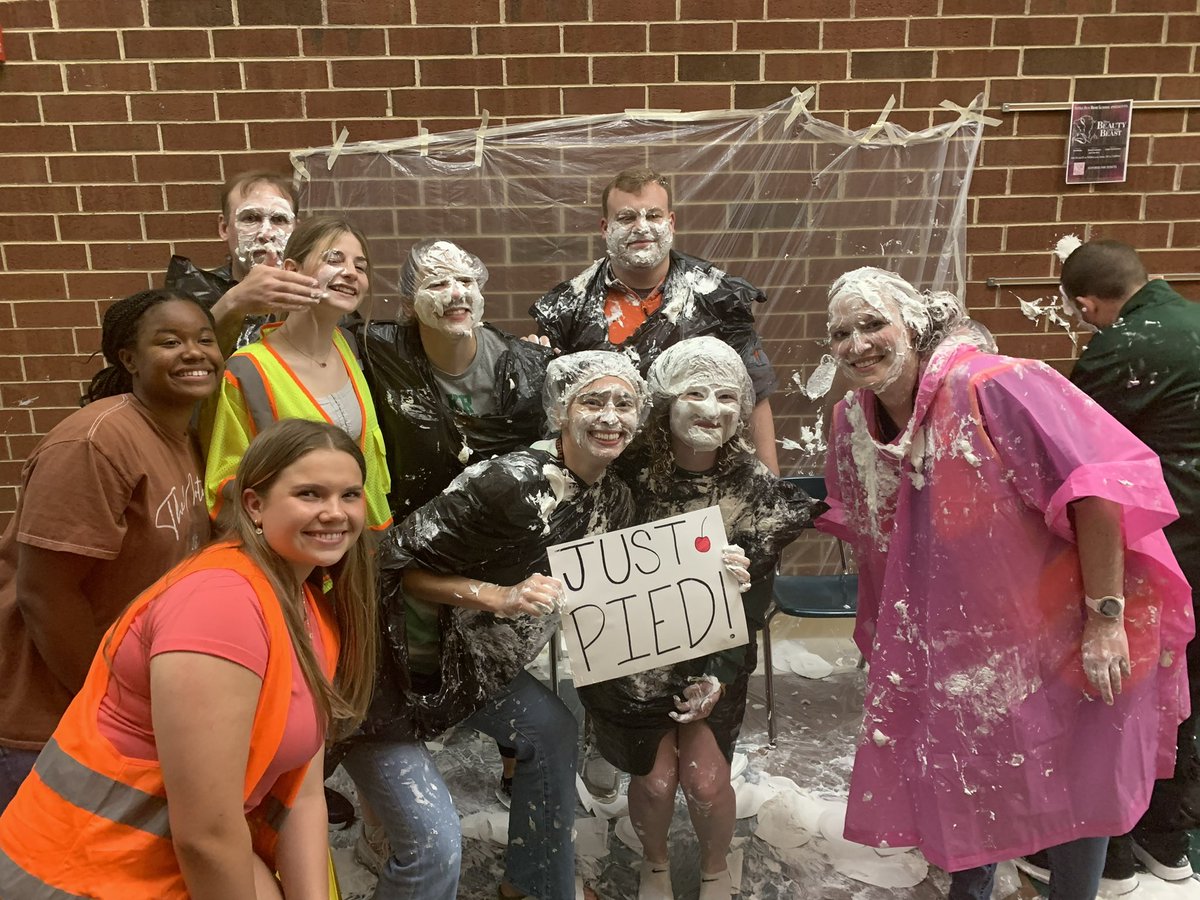







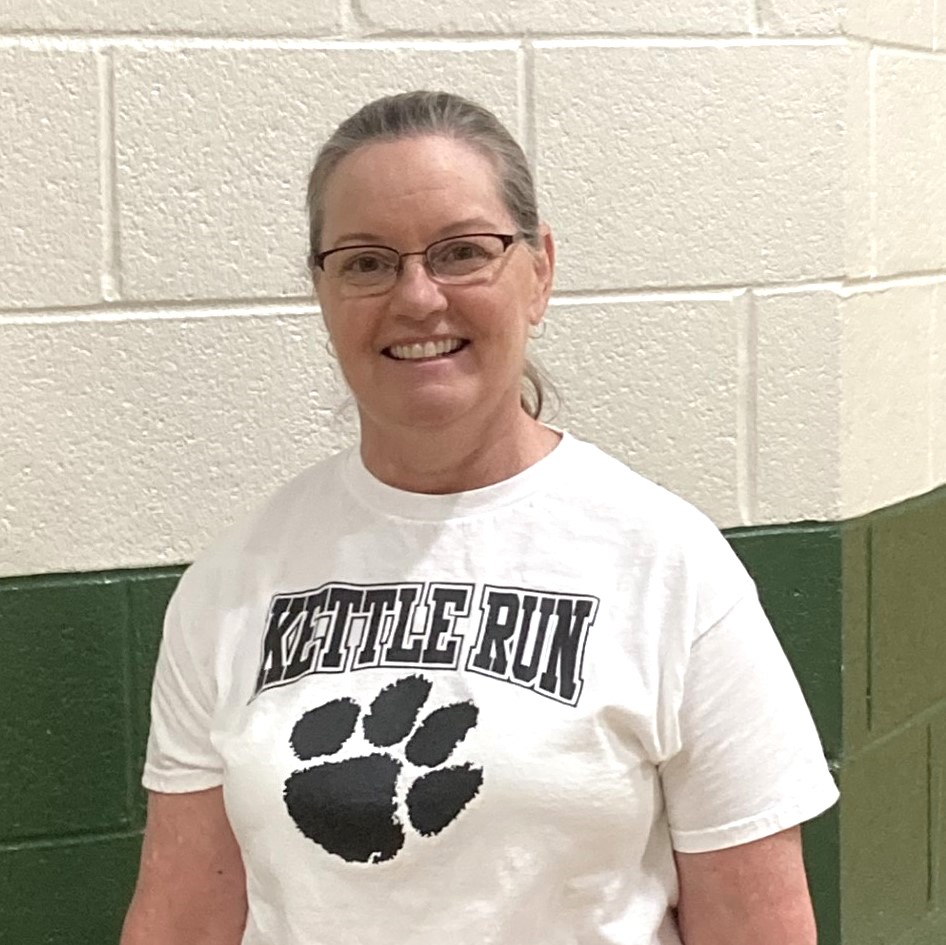
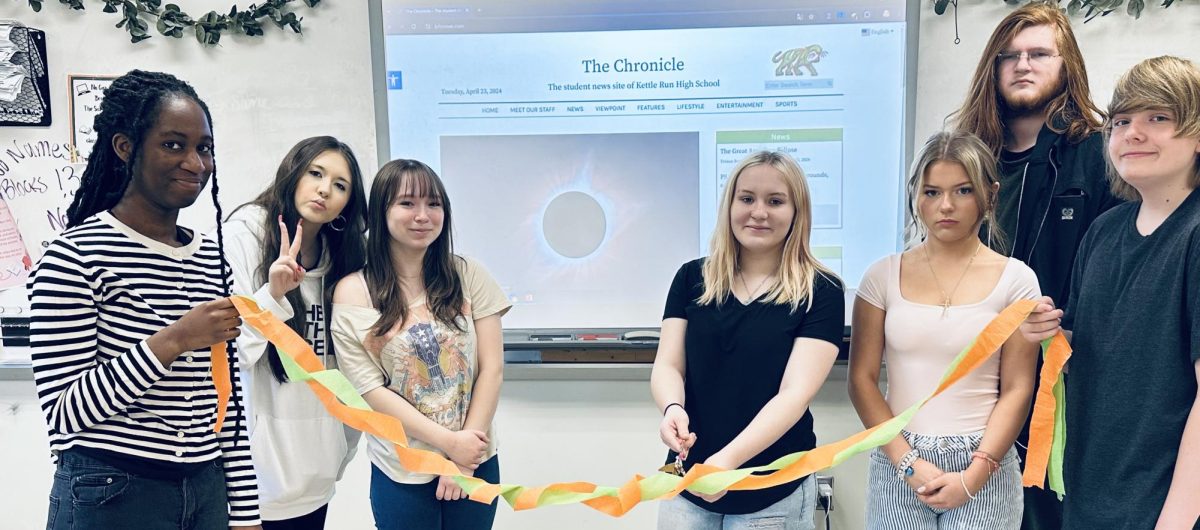










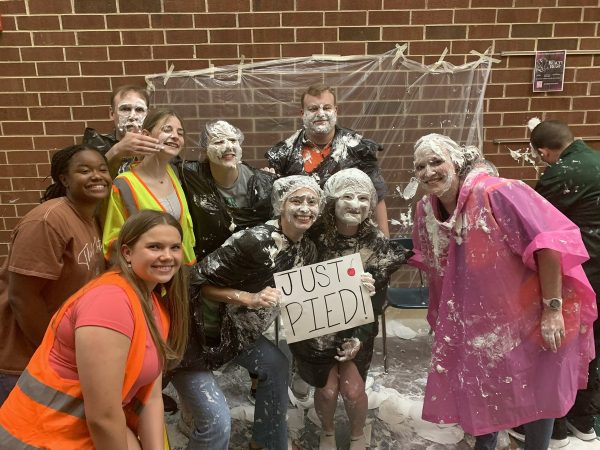
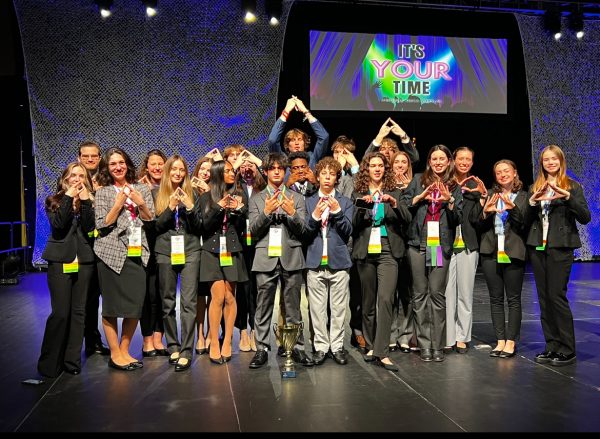




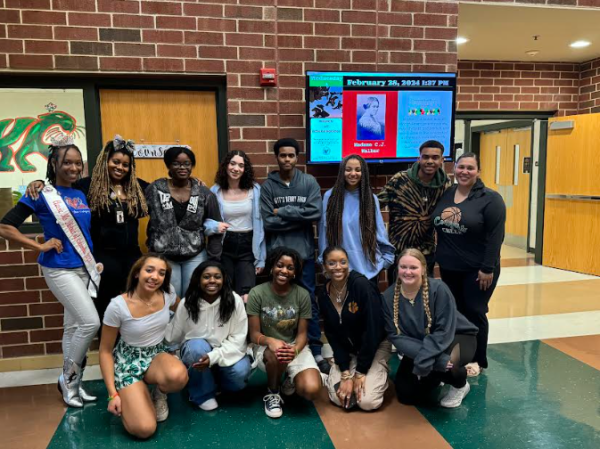
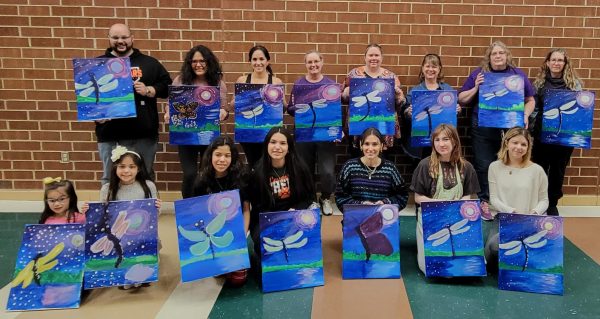
Erin Hogge • Oct 12, 2018 at 3:56 pm
Great article, Carly! Hope the newsroom is still as crazy as ever 🙂